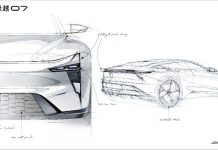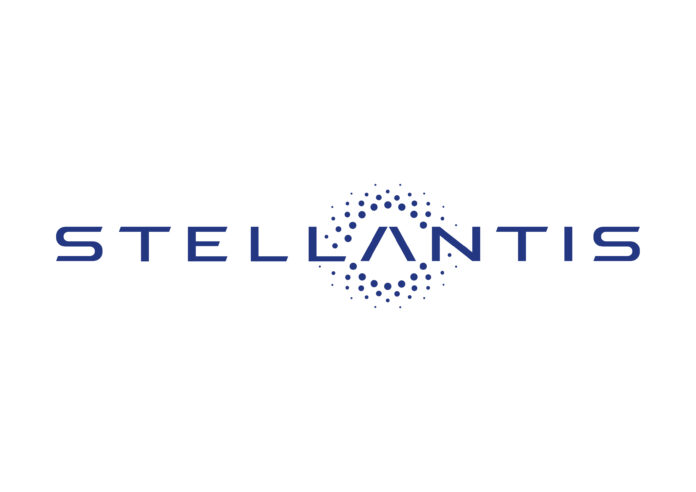Stellantis
The reported partnership between Stellantis and Leapmotor underscores several key trends and strategic moves in the global automotive industry, particularly in the electric vehicle (EV) segment. Here’s what this partnership could signify and the potential implications for the involved parties and the wider market:
- Access to the Chinese Market: For Stellantis, this partnership is a strategic entry point into the Chinese EV market, the largest in the world. By acquiring a stake in Leapmotor, Stellantis not only gains a significant foothold in the market but also secures a local partner that understands the unique dynamics of Chinese consumer preferences, regulatory environment, and supply chain logistics.
- Technology Sharing and Integration: Leapmotor’s investment in in-house R&D, particularly their development of core systems and electronic components for smart EVs (like the Leapmotor Power, Pilot, and OS), presents a substantial value proposition. Stellantis could leverage this technology to enhance its existing vehicle lineup’s capabilities, improve production efficiency, and potentially lower costs through shared components.

Leapmotor
- Expanded Product Portfolio: With access to Leapmotor’s models, including their mini EVs, coupes, SUVs, and sedans, Stellantis can diversify its offerings. This move is particularly strategic when considering different market segment preferences and increasing the competitiveness against other major players in the industry.
- Joint Ventures and Collaborative Development: Similar to the Volkswagen-Xpeng partnership, the deal between Stellantis and Leapmotor may include co-developing new models and sharing platforms or technology. This collaboration could speed up product development cycles, decrease time-to-market for new models, and optimize investment in R&D.
- Global Market Dynamics: Stellantis’s move signals the increasing importance of being competitively positioned in the EV space, not just in isolated markets, but globally. As emission regulations become stricter around the world and consumer preferences shift, automakers are under immense pressure to advance their EV strategies. Partnerships like these can provide the necessary boost in technology, market access, and production capabilities.
Electric Vehicle (EV)
- Competitive Stance: The interest of multiple global automakers in Leapmotor also highlights the company’s value as a competitive differentiator. The deal places Stellantis in a potentially stronger position against rivals, especially in a market where foreign companies often need to contend with strong local brands and regulatory challenges.
- Risk Mitigation: For Stellantis, part of this strategic partnership’s value is likely in risk mitigation. Investing in a company like Leapmotor allows for a shared risk in new ventures, particularly in a market as competitive and distinctive as China. Given the high costs associated with entering a new market, developing new technologies, and navigating foreign regulatory landscapes, such partnerships can offer a more secure path forward.
Conclusion
The potential alliance between Stellantis and Leapmotor is emblematic of the transformative strategies global automakers are compelled to adopt in response to the burgeoning electric vehicle market, particularly in China. This partnership underscores the urgency for traditional car manufacturers to pivot towards sustainable, advanced auto technologies through strategic collaborations, investments, and technology sharing to stay competitive.
By integrating Leapmotor’s innovative technologies and Stellantis’s global reach, both companies can potentially harness their synergies to accelerate technological advancements, enhance market penetration, and broaden their product portfolios. This strategic move also highlights the intrinsic value and global interest in Chinese EV innovations and market potential, setting the stage for further multinational alliances.
Ultimately, such collaborations are pivotal for automakers to navigate the rapidly evolving automotive landscape, respond to increasing environmental regulations, meet the changing consumer preferences for green technology, and counter the intensifying competition both from traditional automotive giants and emerging EV-centric firms. The Stellantis-Leapmotor deal is not just a partnership between two companies; it represents a forward-looking approach in the global shift toward electric mobility, where cross-border alliances may become a cornerstone strategy for success in the new automotive era.





































